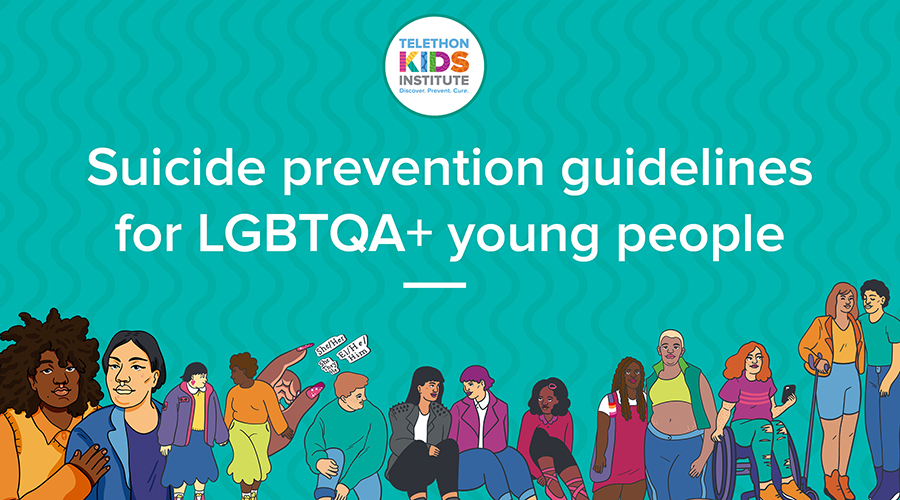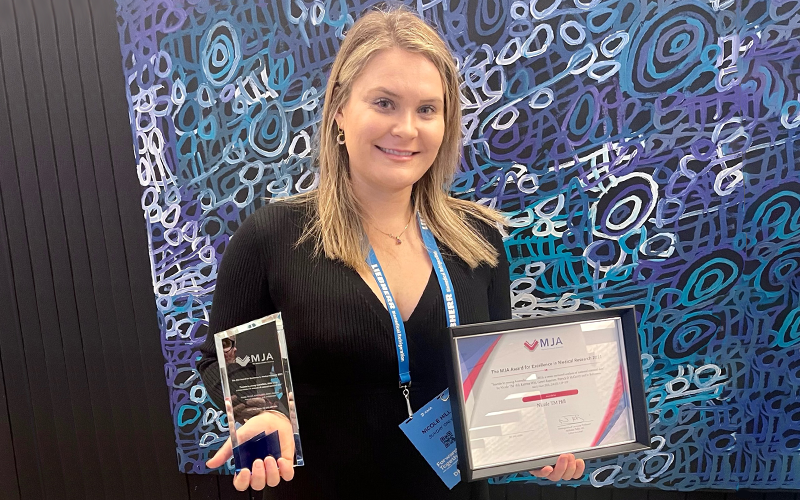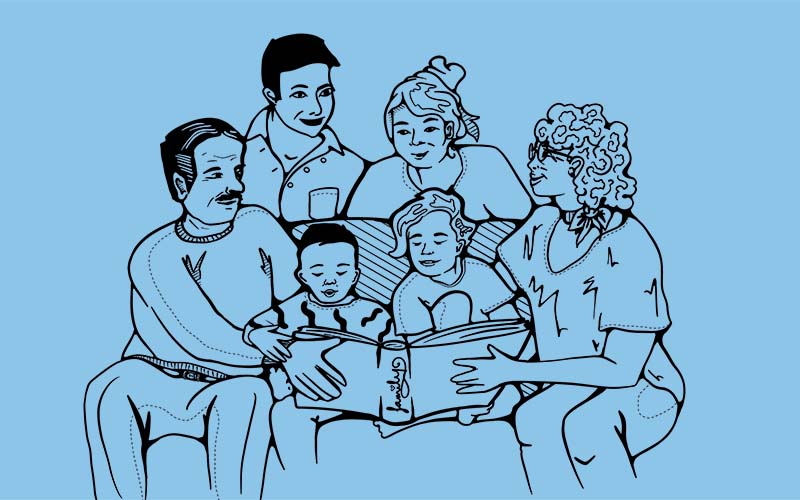Search

News & Events
Suicide prevention guidelines to drive better services for LGBTQA+ young peopleResearchers have developed Australia’s first comprehensive guidelines for clinical and community services supporting LGBTQA+ youth.

News & Events
Mental health researcher recognised in prestigious publication awardDr Nicole Hill and a team of co-researchers from Orygen have received the 2021 Medical Journal of Australia (MJA) award for Excellence in Medical Research.

News & Events
New website provides tools and resources for parents of gender diverse children and young peopleTransforming Families is providing evidence-based resources to help support the mental wellbeing of young people questioning their gender identity, or who identify as trans or gender diverse.

News & Events
Poor access to mental health services linked to suicide hotspots: studyCommunities with poor access to mental health services are eight times more likely to be youth suicide hotspots, according to new The Kids Research Institute Australia research.

News & Events
Mental health champion a ‘brilliant woman’Congratulations to Head of Youth Mental Health at The Kids Research Institute Australia, Dr Yael Perry, who has received a Telstra Health 2023 Brilliant Women in Digital Health Award in recognition of her innovative use of technology to achieve positive mental health outcomes for marginalised young people.
Research
A Scoping Review of Digital Interventions Targeting Anxiety in Young ChildrenAnxiety is a leading mental health concern in childhood. Whilst a range of therapeutic approaches effectively reduce anxiety in young children, several barriers impact their implementation into practice. Digital interventions could help overcome some of these challenges; however, whether these can effectively target anxiety for children with and without Neurodevelopmental Conditions is unknown.
Research
Twenty-five is not a neurobiologically determined age of maturity for gender-affirming medical decision-makingAmong the increasing threats to the healthcare of transgender and gender-diverse people globally, are efforts to deny gender-affirming medical care to people under age 25 typically justified by stating that the human brain is not developed until the mid-to-late 20's. Thus, this line of reasoning states young adults are not sufficiently mature to be responsible for autonomous healthcare decision-making— at least in regard to gender-affirming care.
Research
Plasma testosterone concentration is correlated with circulating immune cell abundance in transgender young people on gender-affirming hormone treatmentSex hormones, such as oestrogen and testosterone, display significant immune modulatory properties. This is highly relevant for transgender (trans) people who undergo gender-affirming hormone (GAH) treatment. However, only a limited number of studies have evaluated the immunological impact of GAH treatments, and almost none have assessed the impact in trans young people.
Research
E-cigarette use among gender and sexuality diverse (LGBTQA+) adolescents in Australia: The case for LGBTQA+ affirmative harm reductionThis study aimed to provide a first-ever comprehensive epidemiology of vaping behaviours among Australian gender and sexuality diverse (LGBTQA+) youth.
Research
Yarning with a remote Aboriginal community about the next steps for achieving healthy skinSkin health is widely recognised as being important for overall good health and well-being, yet the burden of skin infections in remote Aboriginal communities remains high. This project aimed to explore if virtual support for skin health could be a strategy to reduce community barriers to skin health engagement.
